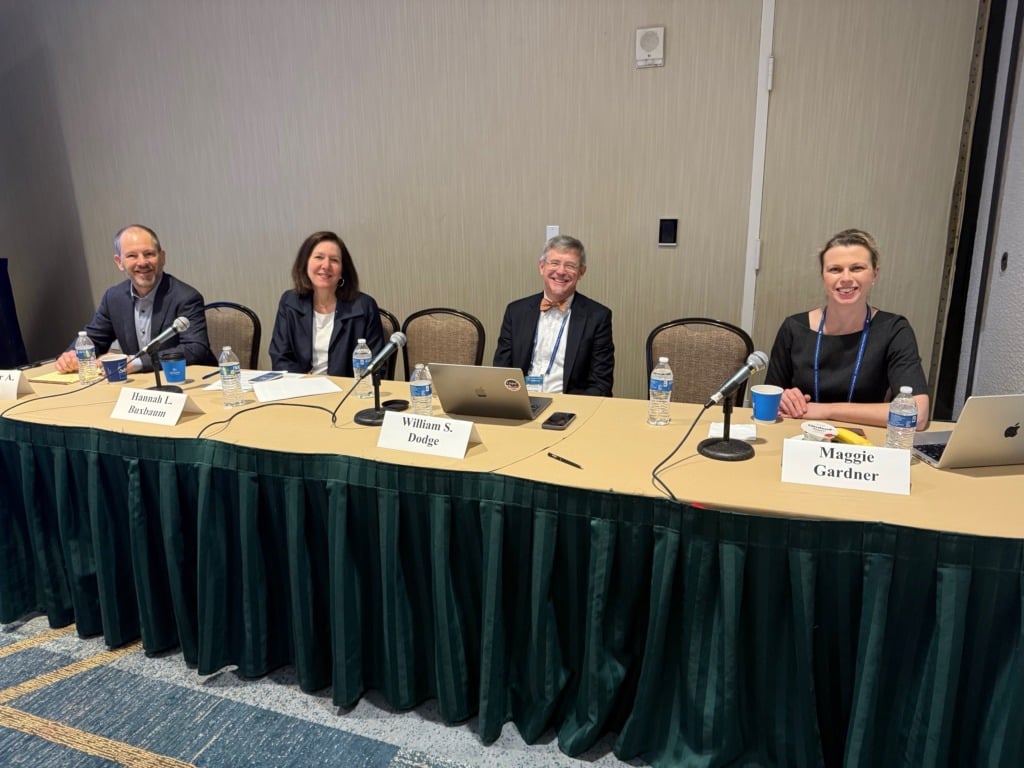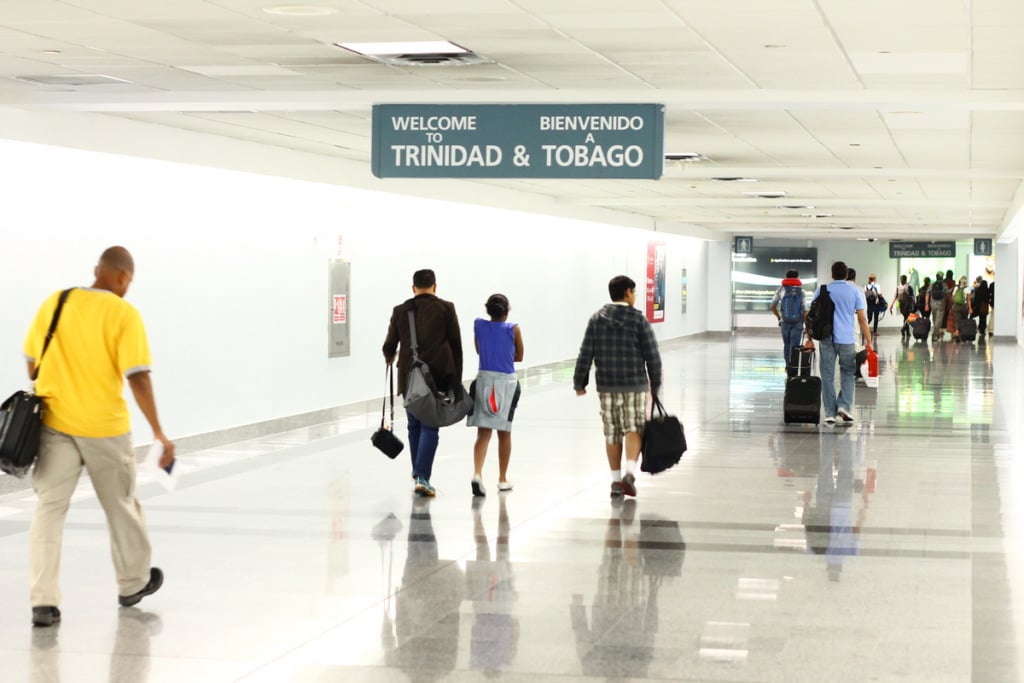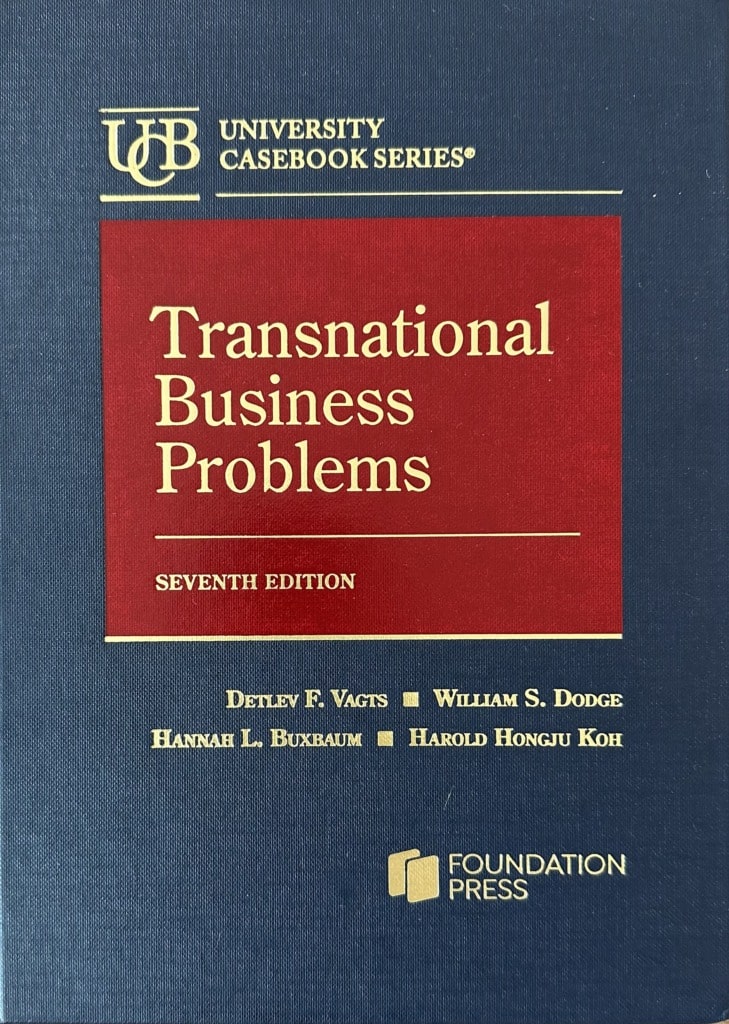Extraterritoriality in Flux
Earlier this month, at the annual meeting of the Association of American Law Schools, TLB Editors Maggie Gardner, Bill Dodge, and Hannah Buxbaum participated in a panel organized by the Section on Conflicts of Law entitled “Extraterritoriality in Flux.” This post summarizes their remarks. Maggie Gardner: It’s Time to Look Beyond the Presumption Against Extraterritoriality…
Continue ReadingExtraterritorial Application of State RICO Statutes
Over the past decade, the U.S. Supreme Court has twice addressed the extraterritorial application of the federal RICO statute. In RJR Nabisco, Inc. v. European Community (2016), the Court held that RICO’s criminal provisions apply extraterritorially to the same extent as the predicate acts on which RICO charges are based, whereas RICO’s civil cause of…
Continue ReadingNew Paper on Extraterritorial Application of the Wire Fraud Statute
I have written before about a circuit split over when the federal wire fraud statute applies extraterritorially. The lower federal courts disagree about how much use of U.S. wires is required to make an application of the statute “domestic.” The Second Circuit has held that use of U.S. wires must be a “core component” of…
Continue ReadingTrademark Infringement and Exports after Abitron
Two years ago, in Abitron Austria GmbH v. Hetronic International, Inc. (2023), the Supreme Court applied the presumption against extraterritoriality to the federal trademark statute (the Lanham Act), holding that the Act applies only to domestic conduct. Abitron involved imports. Products bearing an infringing trademark were made abroad, some of which were sold, directly or…
Continue ReadingUsing TLB to Teach International Business Transactions (2025 Update)
As the fall semester gets underway, we are updating our posts on using resources on TLB to teach various classes. This post discusses International Business Transactions (IBT). Although TLB focuses on litigation and IBT focuses on transactions, there is a great deal of overlap. The most obvious examples are contractual clauses that plan for dispute resolution,…
Continue ReadingFirst Circuit Remands Constitutionality of the TVPA to District Court
In Boniface v. Viliena, a Massachusetts jury found a former Haitian mayor liable under the Torture Victim Protection Act (TVPA) for extrajudicial killing, attempted extrajudicial killing, and torture, awarding the three plaintiffs $15.5 million in compensatory and punitive damages. On appeal to the First Circuit, the defendant’s principal arguments were (1) that the TVPA does…
Continue ReadingCourt Allows Claims of Forced Labor to Build World Cup Stadiums
On June 26, 2025, in F.C. v. Jacobs Solutions Inc., Magistrate Judge Cyrus Y. Chung (District of Colorado) partly granted and partly denied a motion to dismiss claims against U.S. companies under the Trafficking Victims Protection Reauthorization Act (TVPRA) alleging their participation in a venture that used forced labor to build stadiums in Qatar for…
Continue ReadingState Presumptions Against Extraterritoriality Apply to State Statutes
At TLB, we write a lot about extraterritoriality in general and about the federal presumption against extraterritoriality in particular. For the last three decades, the federal presumption has been the principal tool that courts have used to determine the geographic scope of federal statutes. But what if the statute in question is a state statute?…
Continue ReadingDoes the Securities Exchange Act Apply to Short-Swing Profits Abroad?
Section 16(b) of the Securities Exchange Act requires statutory “insiders” of companies that are registered with the Securities Exchange Commission (SEC)—such as officers, directors, and certain beneficial owners—to disgorge profits from “short-swing” trading within a six-month period. It is a strict liability provision that does not depend on the insiders’ intent. On May 23, 2025,…
Continue ReadingDistrict Court Applies Securities Fraud Provision to Foreign Transactions
Does § 10(b) of the Securities Exchange Act apply to securities on foreign exchanges? Generally, the answer is no. The Supreme Court held in Morrison v. National Australia Bank (2010) that § 10(b)—the Act’s principal antifraud provision—applies only to transactions on U.S. exchanges and to transactions in unlisted securities that occur in the United States….
Continue Reading








